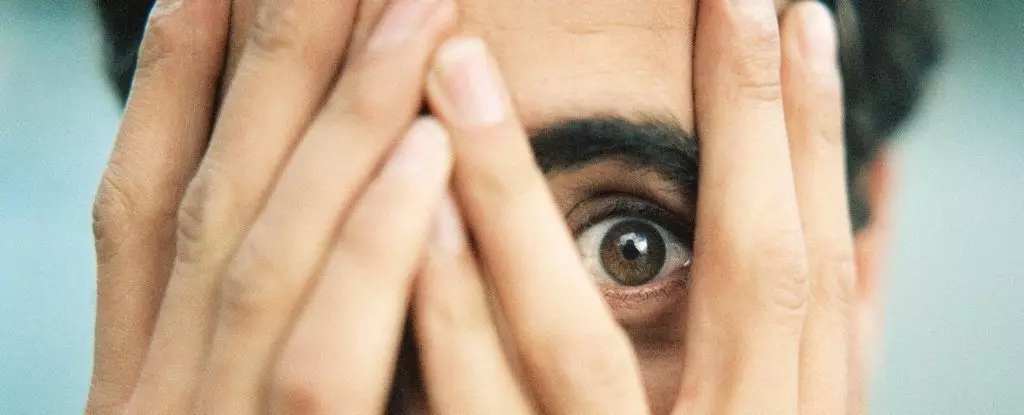Fidgeting is a common behavior, yet for many, it can spark an unexpected and profound emotional response. This article delves into the enigmatic phenomenon known as misokinesia, an often-overlooked condition that can influence social interactions, personal well-being, and overall quality of life. Understanding misokinesia is not just about recognizing a quirk; it is about empathizing with the challenges faced by many who struggle with it.
What Is Misokinesia, and Why Does It Matter?
Misokinesia, derived from Greek roots meaning ‘hatred of movements,’ refers to the heightened negative emotional response triggered by observing small, repetitive movements in others. Misokinesia can be incredibly disruptive, leading to feelings of frustration, anxiety, and even anger. In a world where social interactions and collaborative work environments are increasingly prevalent, the significance of this condition cannot be understated. Recent research indicates that approximately 30% of individuals may experience varying degrees of sensitivity to such movements in their everyday lives. Recognizing and understanding misokinesia is crucial for fostering empathy and support for those who navigate these challenges daily.
This condition often correlates with another phenomenon known as misophonia, which is characterized by a person’s extreme reaction to specific sounds. However, unlike misophonia, which is primarily auditory, misokinesia is visually oriented, highlighting the complexities of human sensory processing. This overlap prompts a larger discussion about how our senses interact and how one person’s behavior can inadvertently affect another’s emotional state.
Research led by psychologist Sumeet Jaswal at the University of British Columbia has provided valuable insights into misokinesia, yet many questions remain unanswered. The studies suggest that those who experience misokinesia might possess a heightened sensitivity to distracting visual stimuli, although this connection is not definitively established. Initial findings have left researchers searching for deeper cognitive explanations for the condition.
One intriguing hypothesis revolves around the concept of mirror neurons, which activate both in response to our own movements and when we observe the actions of others. This neural mirroring may lead individuals prone to misokinesia to empathize with someone who is fidgeting, potentially intensifying their anxiety or discomfort. When individuals fidget due to nervousness, it creates a cycle where observers also feel the same stress, thereby compounding the negative emotional experience. This observation highlights a fascinating aspect of human psychology: our brains are wired not just to respond to our own feelings but to resonate with those of others around us.
The impact of misokinesia extends beyond individual discomfort; it can affect social dynamics and relationships. Individuals with heightened sensitivity to fidgeting may limit their social engagements to avoid distress. In educational and professional environments, this phenomenon can lead to decreased engagement and enjoyment, ultimately affecting teamwork and collaboration. Recognizing misokinesia as a significant social challenge is essential for creating healthier and more accommodating environments.
Moreover, the experience can lead to feelings of isolation for those affected; many may struggle to articulate their discomfort or fear being perceived as overly sensitive. This lack of understanding can exacerbate feelings of frustration, leading to a cycle where individuals withdraw from social situations, reinforcing their emotional struggles.
To support those grappling with misokinesia, raising awareness is paramount. Sharing stories, fostering discussions, and encouraging empathy in interpersonal relationships can create a more inclusive and understanding society. Furthermore, ongoing research into the causes and implications of misokinesia could pave the way for therapeutic interventions that help individuals manage their sensitivity.
As we advance in our understanding of misokinesia, it is essential to acknowledge that this condition is not merely a personal quirk but a significant social challenge faced by a considerable segment of the population. Increased awareness can enhance empathy and help mitigate the emotional toll that fidgeting behaviors can impose on individuals who experience misokinesia.
Misokinesia is a nuanced phenomenon that warrants further investigation. For those who find themselves affected, remember that you are not alone. As scientific inquiry into this condition expands, it is hoped that more individuals will find respite from the burdensome grips of misokinesia, paving the way for healthier social interactions and emotional well-being.


Leave a Reply